Promising Electric Vehicle Startups in the US
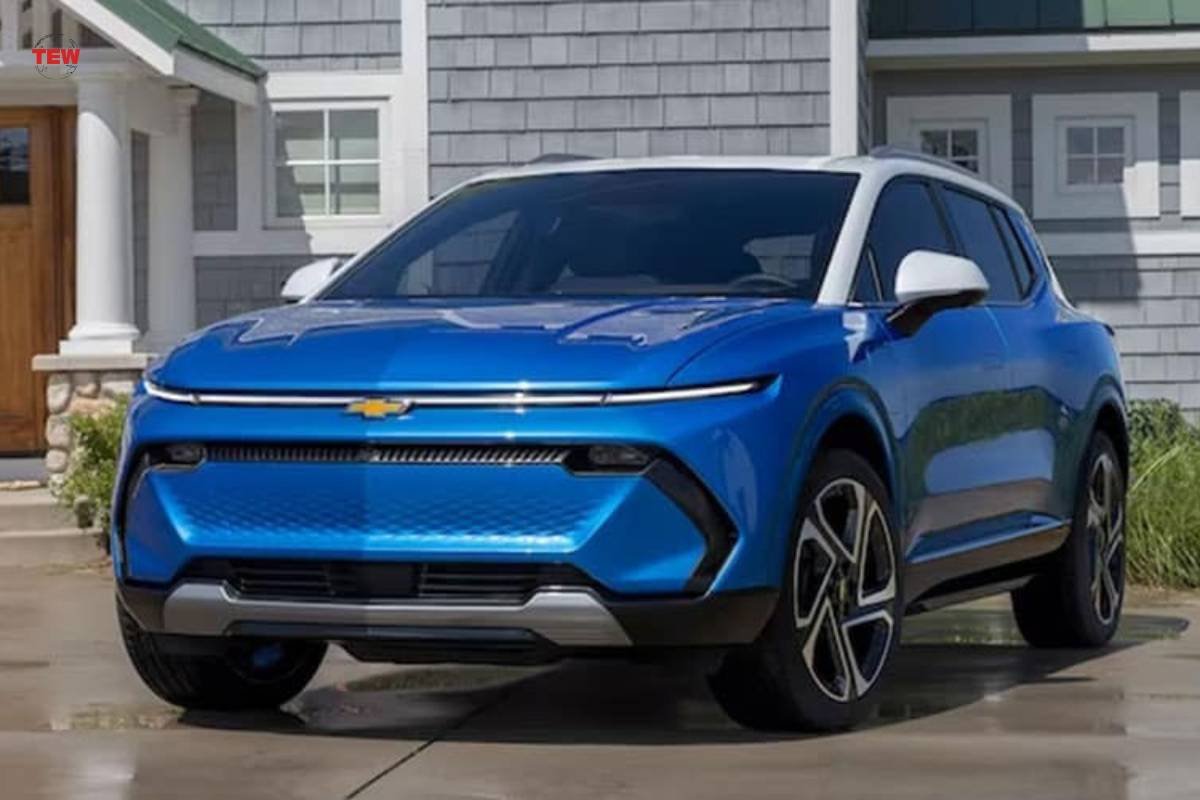
Promising Electric Vehicle Startups in the US are carving a niche in an ever-evolving automotive landscape. These startups blend innovation, sustainability, and cutting-edge technology to reshape how we think about transportation. Their endeavors aim to accelerate the adoption of electric vehicles (EVs) while addressing critical environmental concerns.
Introduction

The electric vehicle market is experiencing transformative growth, driven by technological advancements, increased consumer awareness, and policy support. As traditional automakers pivot towards electrification, startups are emerging as powerful players within this space.
Overview of the US Electric Vehicle (EV) Market
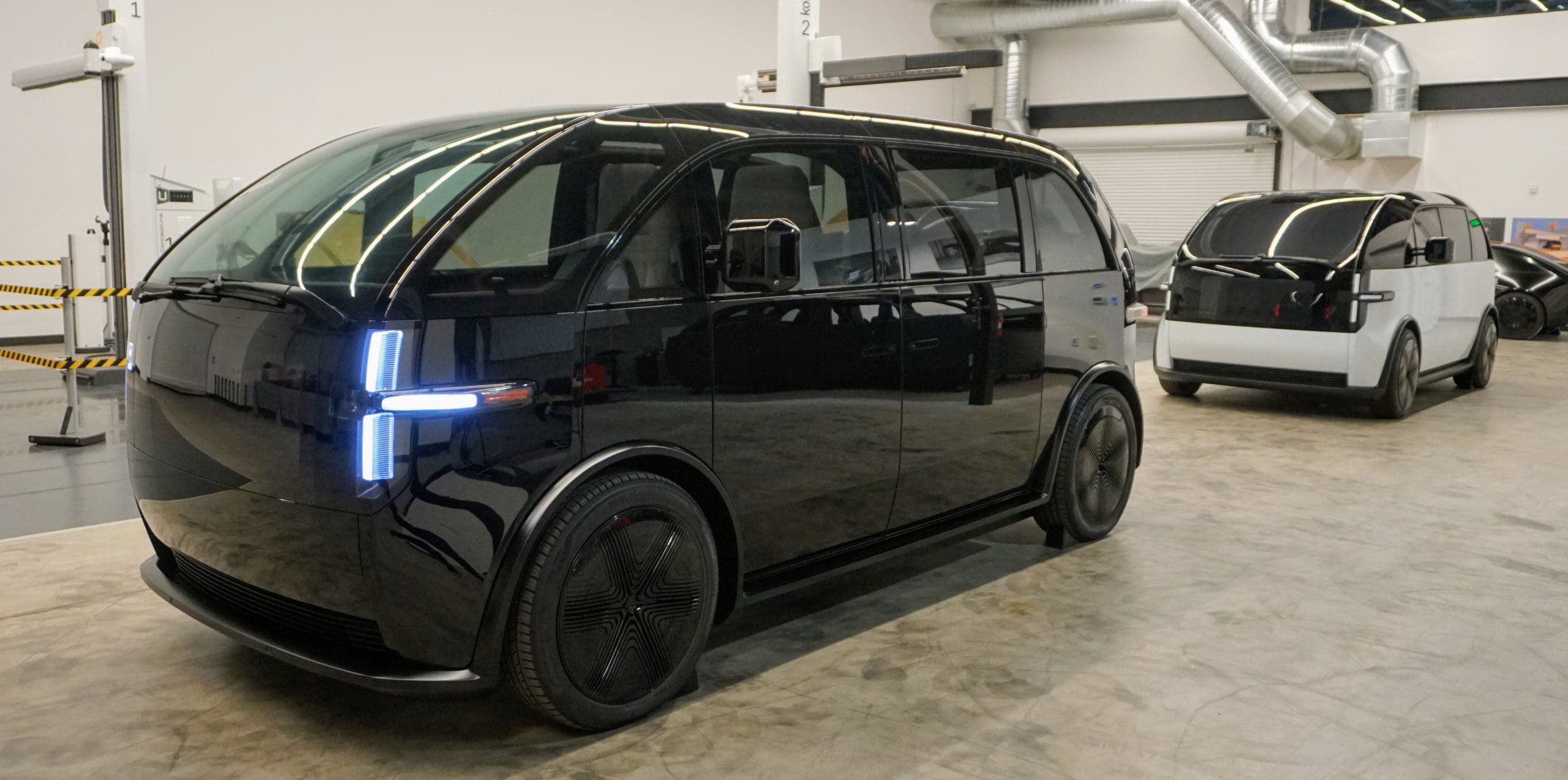
The United States has become one of the largest markets for electric vehicles globally. In recent years, EV sales have surged, with increasing acceptance among consumers spurred on by advancements in technology and growing environmental awareness. According to various reports, the U.S. EV market might reach a tipping point, potentially making up a significant portion of new car sales in the coming decade.
Market analysts project that the demand for electric vehicles will continue to rise as battery technology improves and charging infrastructure expands. Notably, more people are interested in sustainable practices, which play a vital role in shaping the future of transportation. The shift toward electric vehicles aligns perfectly with broader goals of reducing emissions and transitioning to renewable energy sources.
Why Startups Matter in the EV Industry
Startups are critical in invigorating the EV market with fresh ideas and innovative approaches. Unlike established automakers, these companies often operate with agility and creativity, allowing them to respond quickly to changing consumer demands and technological advancements.
Several factors underscore the significance of startups in the EV industry:
- Innovation: Startups are often at the forefront of technological breakthroughs, from advanced batteries to unique vehicle designs.
- Diversity of Offerings: They can explore niche markets that larger companies may overlook, such as compact city vehicles or rugged off-road electric trucks.
- Sustainability Focus: Many startups inherently prioritize eco-friendly practices, aligning their business models with consumer expectations and societal needs.
As the EV market matures, promising startups are increasingly recognized not just as competitors but also as collaborators in driving the industry’s evolution.
Key Trends Driving the Growth of EV Startups
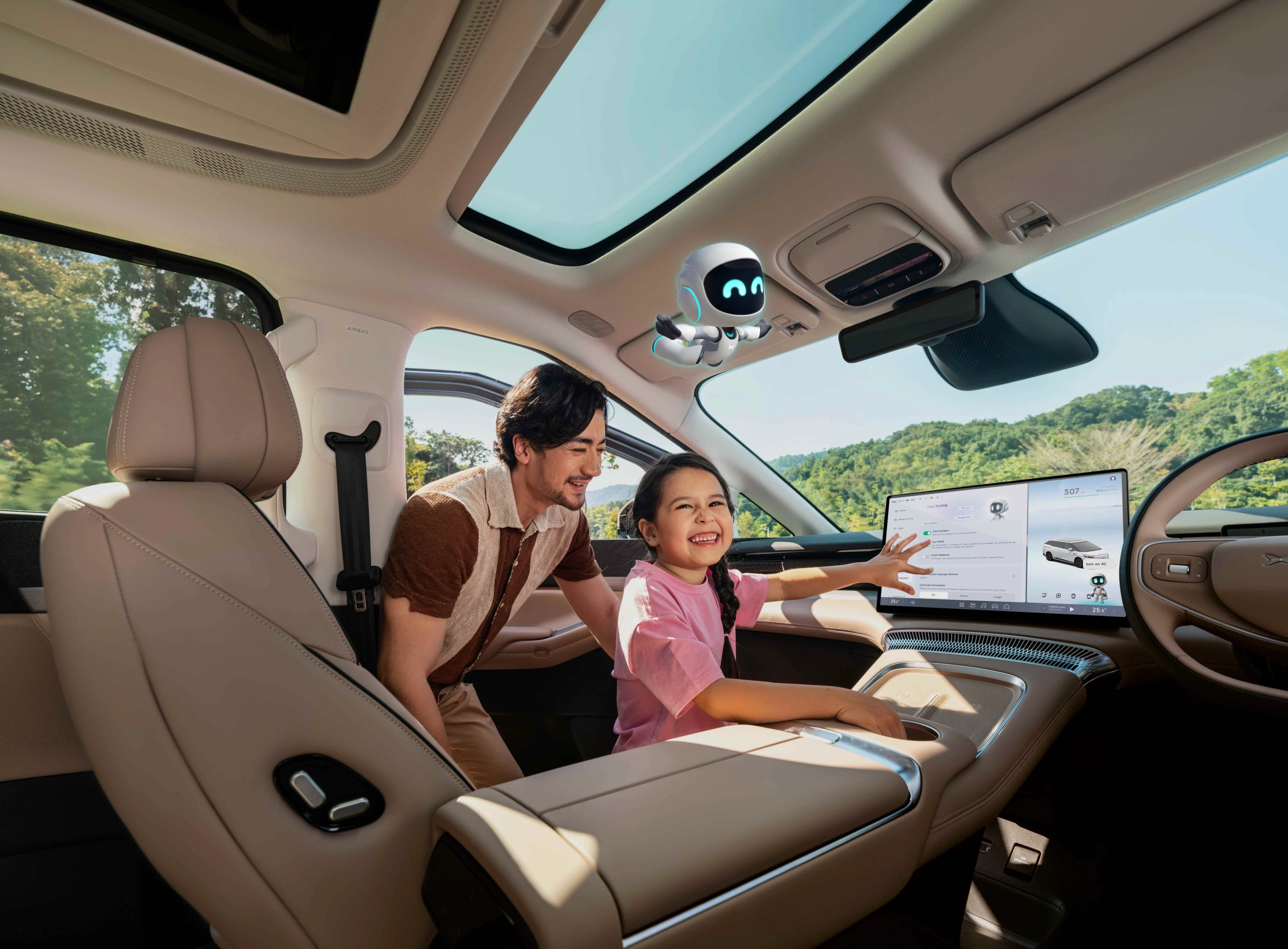
Various trends are influencing the growth trajectory of electric vehicle startups across the United States. Each trend reflects evolving market dynamics, technological progress, and shifts in consumer preferences.
Technological Innovation and Battery Advancements
One of the most significant drivers of the EV startup boom is relentless technological innovation, particularly concerning battery technology.
Over the last few years, there has been a concerted effort to develop batteries that offer longer ranges, faster charging times, and reduced costs. Advancements in lithium-ion technology, solid-state batteries, and even alternative chemistries are pushing the envelope of what is possible in terms of EV performance.
Startups like Rivian and Lucid Motors exemplify this trend as they leverage cutting-edge battery technologies to enhance their offerings. With continuous RD investments, startups are positioned to disrupt the status quo and offer solutions that could redefine consumer experiences.
Government Incentives and Environmental Policies
Government policies play a pivotal role in promoting the adoption of electric vehicles. Federal tax incentives, state rebates, and grants for EV infrastructure development create a conducive environment for startups to flourish.
For example, several states have introduced legislation mandating a certain percentage of all new vehicle sales to be zero-emission vehicles. These initiatives encourage both established manufacturers and new entrants to invest in electric vehicle technology.
Moreover, many startups are taking advantage of these government policies to secure funding and partnerships, further accelerating their growth trajectories. This collaborative relationship between the public sector and private actors fosters an ecosystem where innovation can thrive.
Changing Consumer Behavior Toward Sustainability
Consumer preferences are shifting dramatically as awareness of climate change and environmental issues grows. More individuals are considering the ecological footprint of their purchases, leading many to choose electric vehicles over traditional combustion engine models.
The rise of eco-consciousness also means that consumers are willing to pay a premium for products that align with their values. This trend provides a fertile ground for startups focused on creating sustainable and ethically produced vehicles. Companies like Fisker Inc. have embraced this approach by emphasizing design-driven, eco-friendly vehicles that resonate with environmentally conscious consumers.
As consumer behavior continues to evolve, startups are well-positioned to capture a share of the increasingly competitive EV market.
Top Promising Electric Vehicle Startups in the US
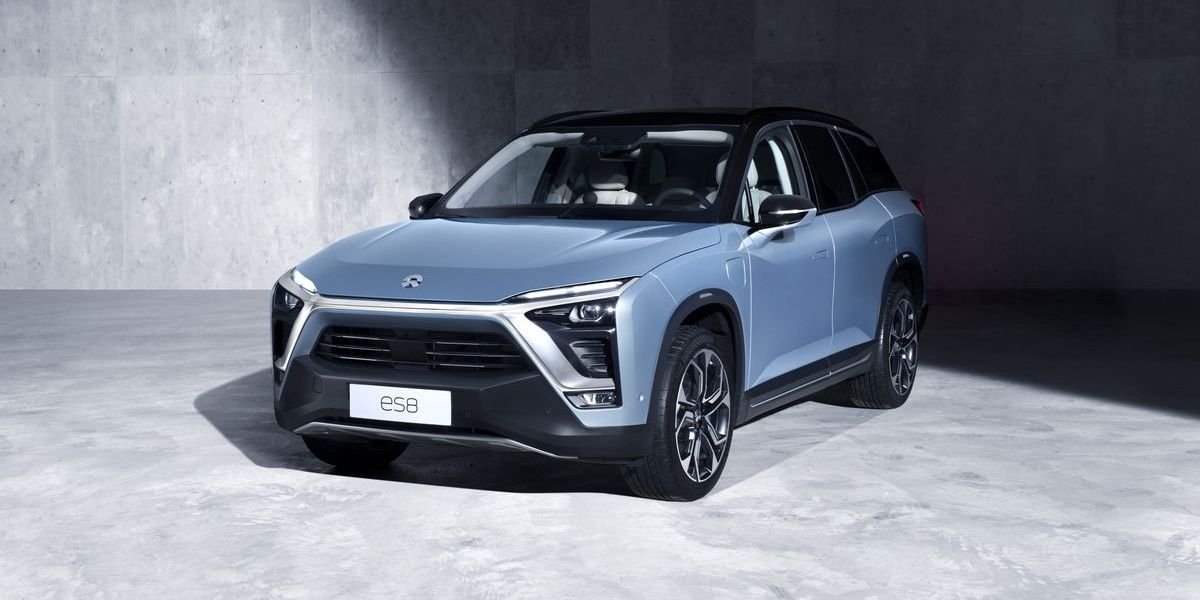
A plethora of electric vehicle startups are making waves in the U.S. automotive industry, each bringing unique offerings and innovations to the table. Below are some of the most notable contenders that embody the promise of electric mobility.
Rivian – The Adventure-Ready EV Maker
Rivian stands out among electric vehicle startups due to its focus on adventure-oriented vehicles. Founded in 2009, Rivian aims to create electric trucks and SUVs that cater to outdoor enthusiasts seeking sustainable alternatives without compromising performance.
Product Lineup
At the core of Rivian’s appeal are its R1T pickup truck and R1S SUV. Both models feature impressive range capabilities, off-road prowess, and cutting-edge technology. Rivian’s vehicles are equipped with robust battery systems that allow for range estimates exceeding 300 miles on a single charge.
Direct-to-Consumer Model
Rivian’s direct-to-consumer sales strategy challenges traditional dealership models. By selling directly through its own network of “experience centers,” the company creates a unique buying experience that resonates with customers seeking authenticity and transparency.
Funding and Partnerships
Rivian has garnered substantial investment from prominent players like Amazon and Ford, providing the financial resources necessary to scale production and expand its market presence. With plans to enter the commercial delivery sector through partnerships, Rivian is poised to make a significant impact in both the consumer and fleet markets.
Lucid Motors – Luxury Performance EVs
Lucid Motors focuses on luxury electric vehicles, combining high-performance specifications with elegant design. Founded in 2007, the company has gained attention for its flagship model, the Lucid Air.
The Lucid Air
The Lucid Air is designed to compete directly with premium brands like Tesla’s Model S. Boasting exceptional range and power, the Lucid Air features advanced aerodynamics and luxurious interiors. Its ability to achieve over 500 miles on a single charge highlights the company’s commitment to pushing boundaries in electric vehicle performance.
Emphasis on Technology
Lucid Motors prioritizes cutting-edge technology, incorporating features such as a sophisticated driver-assistance system, fast-charging capabilities, and innovative infotainment systems. This tech-savvy approach appeals to tech enthusiasts and luxury buyers alike.
Future Plans
As Lucid Motors prepares to ramp up production, it aims to establish itself as a leading player in the premium electric vehicle segment. With significant investments and a clear vision for growth, the company’s future looks promising.
Fisker Inc. – Design-Driven and Eco-Friendly
Fisker Inc. is known for its focus on sustainability and innovative design. Founded by Henrik Fisker, a renowned automotive designer, the company aims to produce stylish electric vehicles that leave a minimal carbon footprint.
The Fisker Ocean
The Fisker Ocean is an all-electric SUV designed with eco-conscious materials and ambitious sustainability goals. For instance, the vehicle features vegan leather upholstery, recycled plastics, and solar panels that contribute to its overall efficiency.
Subscription Model
Fisker is exploring a subscription-based ownership model, allowing users to access vehicles without the long-term commitment of traditional ownership. This flexibility may attract environmentally-conscious consumers who value the versatility of having an electric vehicle.
Commitment to Sustainability
With a bold mission to create the world’s most sustainable vehicle, Fisker’s ethos emphasizes a holistic approach to eco-friendliness. The company’s initiatives aim to minimize waste and promote circular economy principles, resonating with conscientious consumers.
Canoo – Modular, Subscription-Based EVs
Canoo aims to innovate the way consumers perceive and use electric vehicles. Founded in 2017, the startup focuses on modularity and adaptability, offering versatile vehicles that can cater to various needs.
Unique Vehicle Design
Canoo’s designs break away from conventional shapes, featuring a distinctive aesthetic that prioritizes functionality and user experience. Their vehicles can serve multiple purposes—from personal transport to commercial applications—through a flexible platform adaptable to different use cases.
Subscription Service
Canoo offers a subscription service that allows customers to access electric vehicles without the burden of ownership. This model addresses barriers to entry for potential EV buyers who may be hesitant to commit to long-term ownership.
Community and Collaboration
Canoo emphasizes community engagement and collaboration with businesses and organizations to create tailored transport solutions. This approach encourages innovation while fostering a sense of partnership with localities.
Aptera Motors – Solar-Powered Three-Wheel EV
Aptera Motors is pushing the boundaries of what electric vehicles can be with its innovative three-wheel design. Founded in 2006, the company reimagines electric mobility by integrating solar technology into its vehicles.
Solar Efficiency
The Aptera vehicle is designed to harness solar energy, allowing users to potentially drive without ever needing to plug in. With its aerodynamic shape and lightweight engineering, Aptera claims that its vehicle can achieve incredible efficiency, drastically extending its range.
Customization Options
Customers will have various options regarding battery size and features, enabling them to tailor the vehicle to fit their lifestyle. This flexibility appeals to diverse segments of the market looking for eco-friendly transportation solutions.
Future Vision
With a focus on sustainability and innovative engineering, Aptera Motors seeks to challenge conventional notions of electric vehicles. As consumers grow increasingly concerned with environmental impact, Aptera’s unique approach positions it favorably among eco-conscious buyers.
Alpha Motor Corporation – Retro-Inspired Electric Cars
Alpha Motor Corporation celebrates the merging of nostalgia and innovation with its retro-inspired electric vehicles. Founded in 2020, the company aims to evoke feelings of classic car culture while adopting modern sustainability practices.
Classic Aesthetic
Alpha’s designs draw inspiration from vintage automobiles, capturing the charm of bygone eras. Models like the Alpha Ace showcase sleek lines and classic styling, appealing to car enthusiasts who cherish traditional aesthetics.
Performance and Customization
Despite their retro looks, Alpha vehicles are equipped with the latest electric drivetrains, ensuring performance remains paramount. Customers can choose various configurations, including performance upgrades tailored to their preferences.
Engaging Community
Alpha Motor Corporation places a strong emphasis on community engagement, actively involving customers in the design process through feedback and suggestions. This participatory approach helps foster brand loyalty and cultivates a sense of belonging among fans.
Emerging Startups to Watch
:max_bytes(150000):strip_icc()/INV_TeslaDealership_GettyImages-1494887228-d84da0e690bd42fea0ebf3a667fc85bc.jpg)
While established names dominate the headlines, emerging startups are also making strides in the electric vehicle arena. These newcomers present exciting opportunities and innovative approaches that could shape the industry’s future.
Companies Working on Commercial EV Fleets
Commercial fleets represent a significant opportunity for electric vehicle startups. As businesses seek to reduce operating costs and improve their sustainability profiles, startups targeting this market are gaining traction.
Many emerging companies focus on electric delivery vans, buses, and logistics vehicles capable of servicing urban areas sustainably.
Advantages of Electrifying Fleets
- Cost Savings: Lower fuel and maintenance costs can significantly improve profitability for businesses.
- Regulatory Compliance: Companies can meet compliance requirements for emissions reductions and environmental regulations.
- Public Image: Transitioning to electric fleets enhances corporate responsibility and can positively influence public perception.
Emerging players in this domain include companies like Arrival and Canoo, which are developing specialized electrical delivery and utility vehicles aimed at meeting the needs of businesses.
Startups Innovating in Charging Infrastructure
Charging infrastructure is a critical component of the electric vehicle ecosystem. As demand for EVs increases, companies innovating in this area will play a crucial role in facilitating widespread adoption.
These startups are focusing on:
- Fast-Charging Technology: Accelerating charging speeds to minimize downtime for users.
- Network Expansion: Developing extensive charging networks that ensure accessibility and convenience for EV owners.
- Smart Charging Solutions: Implementing technology that enables dynamic pricing and load balancing to optimize energy usage.
By addressing issues around convenience and accessibility, these startups can help alleviate consumer concerns about range anxiety and charging availability.
New Entrants Targeting Affordability
Affordability remains a significant barrier to widespread EV adoption. Several startups are targeting this issue, focusing on creating budget-friendly electric vehicles without compromising essential features.
Strategies for Affordability
- Simplified Manufacturing: Streamlining production processes to cut costs.
- Partnerships with Suppliers: Leveraging collaborations to obtain components at lower prices.
- Innovative Financing Models: Offering leasing and financing options that make vehicles more accessible to a broader audience.
Startups like Electra Meccanica and Bollinger Motors are entering the market with affordable, functional electric vehicles that cater to cost-conscious consumers.
Challenges Facing EV Startups

While the prospects for electric vehicle startups are compelling, they face numerous challenges that can impede their growth and success. Understanding these obstacles is vital for stakeholders in the electric vehicle ecosystem.
Competition from Established Automakers
The automotive landscape is increasingly crowded, with established manufacturers ramping up their investments in electric vehicle technology. Legacy automakers possess significant advantages, including existing supply chains, brand recognition, and considerable financial resources.
Strategies to Compete
To remain competitive, startups must differentiate themselves through unique value propositions, innovative designs, and superior customer experiences. Building a loyal customer base and leveraging grassroots marketing efforts can help level the playing field against more prominent players.
Supply Chain and Manufacturing Constraints
Supply chain disruptions and manufacturing constraints can hinder the growth plans of electric vehicle startups. Securing stable access to raw materials, components, and skilled labor is paramount to maintaining consistent production levels.
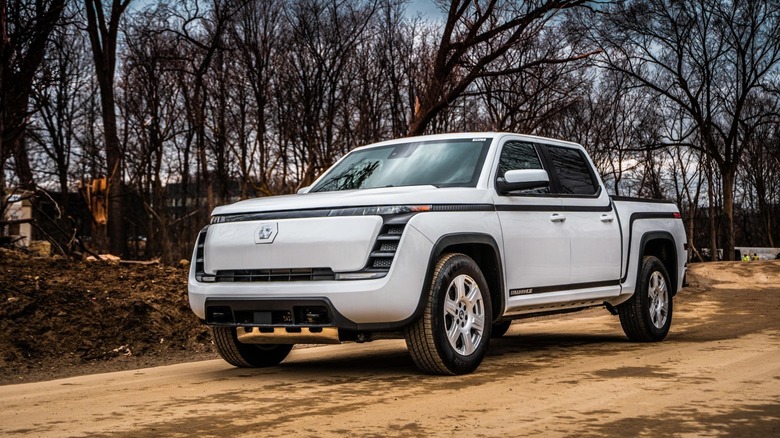
Mitigation Strategies
Many startups are working to build relationships with suppliers and invest in vertical integration to mitigate risks. Additionally, diversifying sourcing strategies and exploring alternative materials can help address potential supply chain vulnerabilities.
Infrastructure and Market Readiness
While electric vehicle adoption is growing, gaps in charging infrastructure and public awareness can create challenges for startups. Consumers need assurance that they have reliable access to charging options to feel confident purchasing an electric vehicle.
Addressing Infrastructure Gaps
Collaboration with government entities, local municipalities, and other stakeholders is crucial to expanding charging networks and promoting educational initiatives. Startups can play an active role in advocating for infrastructure improvements and supporting efforts to raise awareness about electric vehicles.
The Future Outlook for US-Based EV Startups

The outlook for electric vehicle startups in the United States appears bright, with ample opportunities for growth and expansion. As the market continues to evolve, these companies are set to play a pivotal role in shaping the future of transportation.
Potential for Global Expansion
Many successful U.S.-based EV startups are likely to explore international markets as they gain momentum at home. By expanding their operations abroad, these companies can tap into emerging markets with growing demand for electric vehicles.
Benefits of Global Expansion
- Increased Sales Opportunities: Accessing new customer bases can accelerate revenue growth.
- Diversification of Risk: Expanding operations internationally can mitigate risks associated with domestic economic fluctuations.
- Collaborative Ventures: Partnering with global firms can lead to knowledge sharing and enhanced technology development.
By strategically planning for global expansion, electric vehicle startups can enhance their competitiveness and sustainability.
Role in the Transition to Net Zero Emissions
Electric vehicle startups are integral to achieving net-zero emissions goals. As transportation remains a significant contributor to greenhouse gas emissions, scaling electric vehicle adoption is essential for environmental sustainability.
Contributions to Emission Reductions
- Advancing Technology: Startups are pioneering innovations that lead to cleaner and more efficient vehicles.
- Promoting Sustainable Practices: Many of these companies prioritize ethical production practices and materials sourcing.
- Encouraging Legislative Support: By demonstrating the viability of electric vehicles, startups can help sway public policy towards supportive measures.
As the transition to a more sustainable future unfolds, electric vehicle startups will undoubtedly play a crucial role in realizing ambitious climate goals.
Video
Conclusion
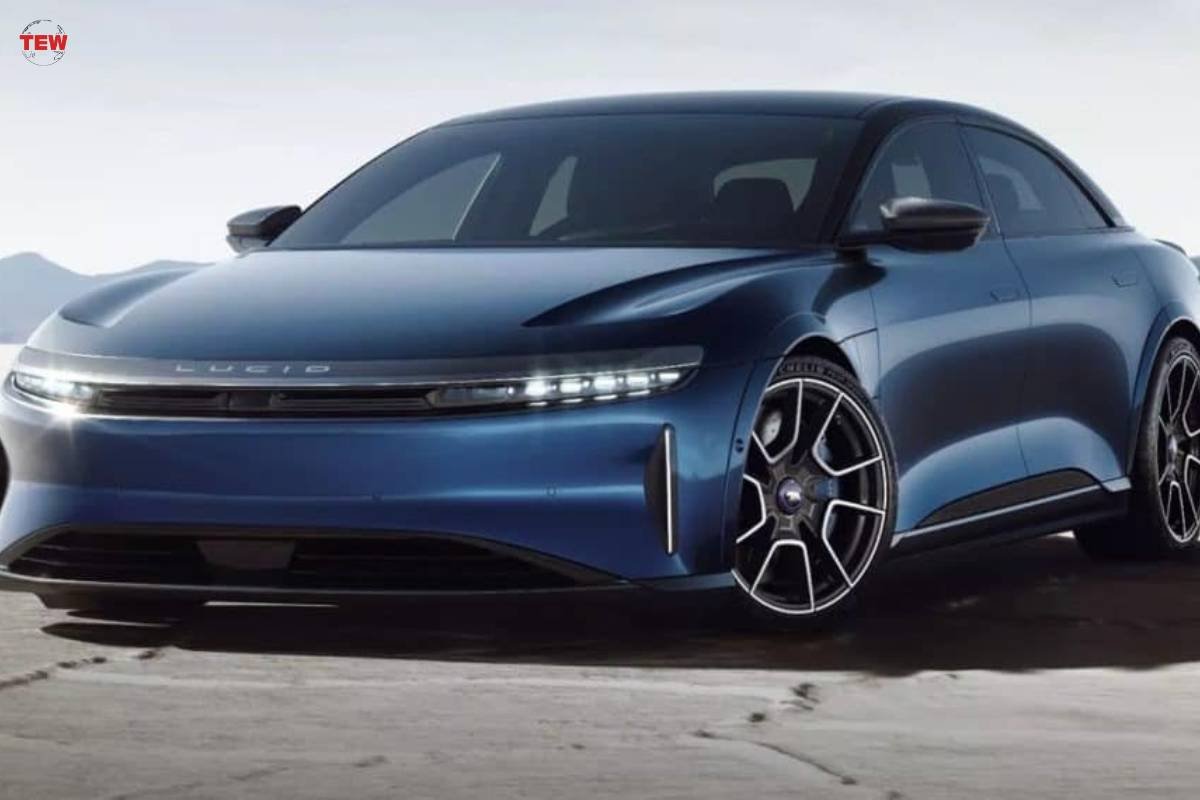
In summary, the emergence of promising electric vehicle startups in the United States is reshaping the automotive landscape, reflecting a shared commitment to sustainability, technological innovation, and unique consumer experiences. Through advancements in technology, government support, and evolving consumer preferences, these fledgling companies are becoming instrumental players in the transition to electric mobility. As they face and overcome challenges, the potential for growth and impact in the quest for net-zero emissions remains profound, ensuring that the journey towards a more sustainable future is indeed electrifying.
You can read: Fastest Electric Cars 2025: Top Speed Records and Innovations Unveiled


